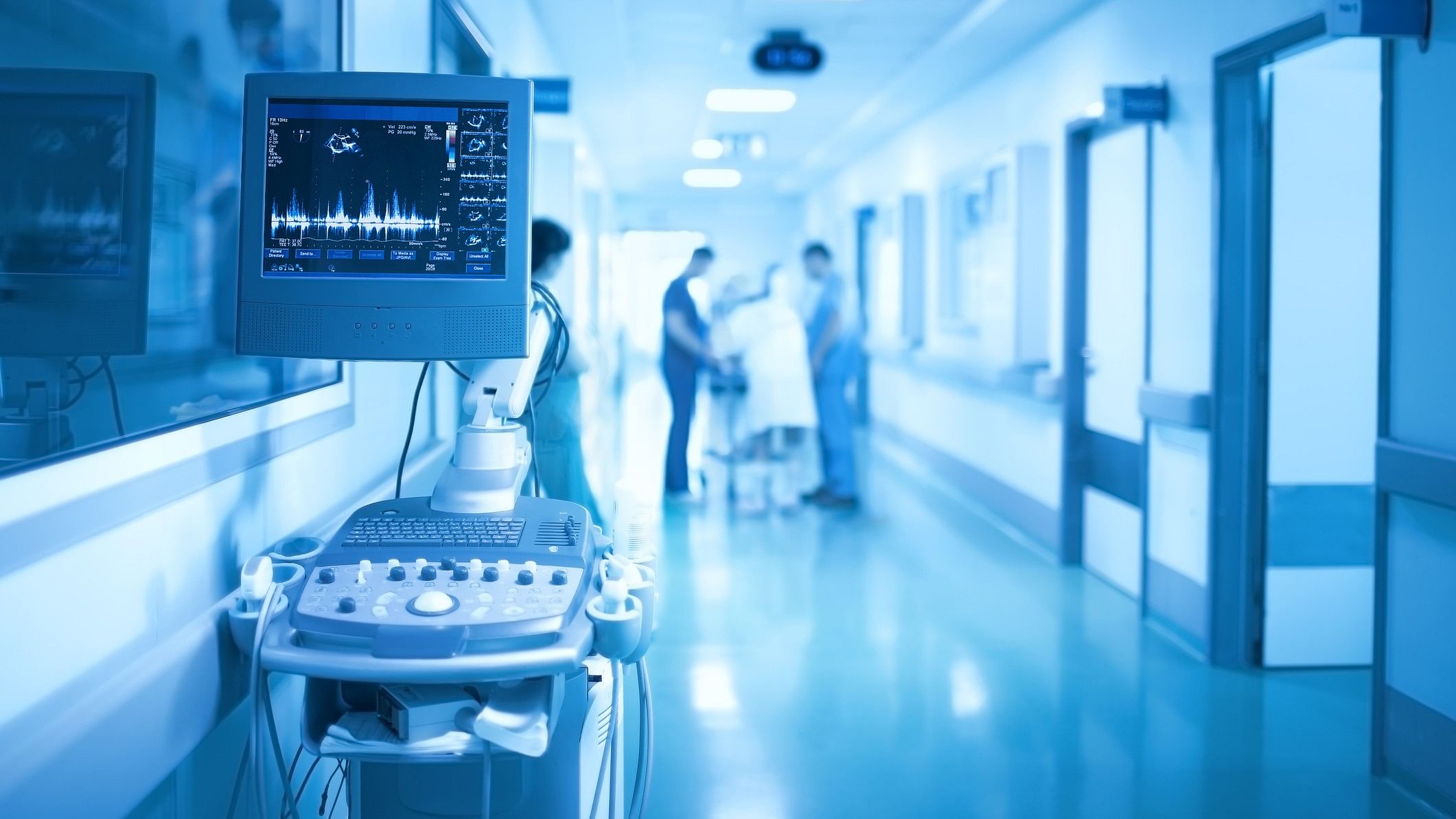
Representative image of an advanced machinery in a hospital.
Credit: iStock Photo
Mumbai: With an aim to uplift cancer care in Maharashtra, the Sir H N Reliance Foundation added Maharashtra’s first MR Fusion Prostate Biopsy Equipment.
This state-of-the-art MR Fusion Biopsy Equipment offers MRI blended biopsy creating a pathway for an accurate treatment and care. Compared to conventional machines with 30 per cent to 40 per cent accuracy, the MR Fusion biopsy equipment has 90 per cent accuracy in detecting prostate cancers at an early stage.
“A MR Fusion Prostate Biopsy detects cancer at a greater rate than the standard approach. There is no risk of rectal bleeding, and it covers the entire prostate gland which is often inaccessible as part of the standard approach. There is no risk of damaging rectum, therefore radical prostatectomy can be performed within days." said Dr Santoshi Janardan Nagaonkar, Director-Urology, Urological Oncology & Robotic Surgery, Sir H.N. Reliance Foundation Hospital.
Prostate cancer accounts for 3-7 per cent of all cancers in India, with an estimated 33,000-42,000 new cases diagnosed annually. With MR Fusion Biopsy, the previously done MRI image is combined with the ultrasound equipment. During the process, the abnormal area (the target for biopsy) is marked with AI technology, offering greater chance of cancer detection.
“The biopsy is performed using An MR Fusion equipment from a location known as the "perineum," which is positioned between the scrotum and anus, rather than the rectal route. As a result, instead of entering the prostate through the rectal lining, the biopsy needle must enter through the skin where the risk of infection following this biopsy is nearly zero,” said Dr Nagaonkar.
As per reports, prostate cancer incidence in India is expected to double to about 71,000 new cases per year by 2040. Therefore, it becomes imperative for India to have a technology that can help detect and treat prostate issues efficiently. This technology has already been embraced by Western World since the last few years.